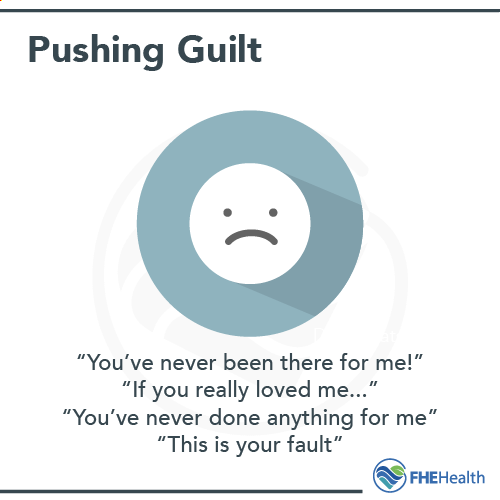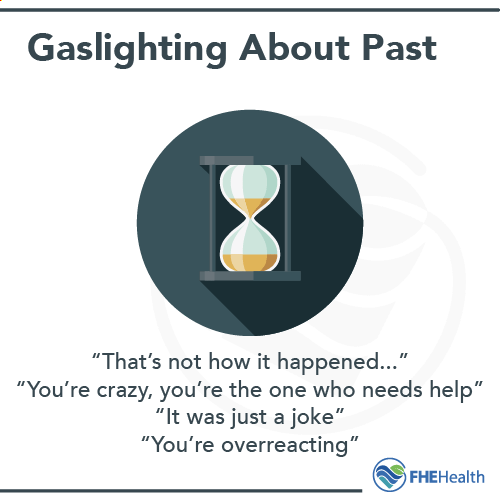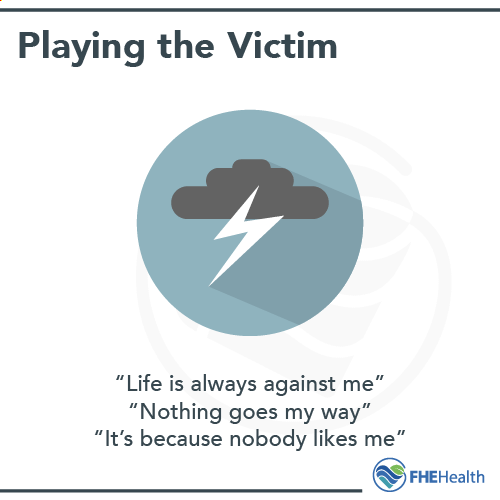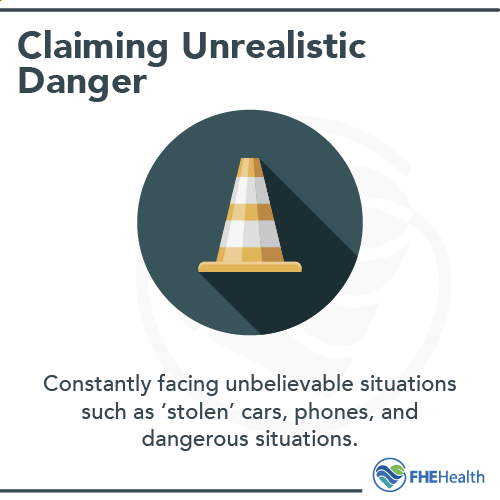
According to statistics from the Substance Abuse and Mental Health Services Administration’s 2018 survey on drug use and health, more than 164 million people ages 12 and older say they used some type of illegal substance in the past month. Addiction doesn’t discriminate, and anyone — regardless of gender, race, socioeconomic status or background — can end up with a substance abuse problem.
When that happens, all the person’s hobbies, interests and relationships take a backseat to satisfying the addiction. For an addict, manipulation quickly becomes their mode of operating — but that doesn’t mean you have to just deal with it. Understanding why addicts are manipulative and how to spot the signs can make it easier to set and hold to healthy boundaries and protect your own mental health.
Addicts Are Manipulative
The hard truth is that addicts manipulate. Once substance use hits the addiction stage, everything is focused around that one goal of getting a fix, whether it’s taking drugs, drinking or gambling. At this stage, addicts will often sacrifice their careers and relationships, lying to loved ones and tricking them into giving them money or otherwise enabling their addiction.
It can be difficult to view your loved one in this lens, but recovered addicts themselves will often admit to manipulative behaviors while they were trying to satisfy their addiction. They also note that not standing up to that addiction only helps keep them in the cycle.
If you truly want to help someone you know is an addict, you have to be able to call them on their manipulative behaviors, establish that you won’t be enabling them and then hold to your personal boundaries — no matter what.
Recognizing the Signs of Manipulation
To be able to stand up to manipulation, you first have to recognize it for what it is, which can be easier said than done. Addicts manipulate loved ones by playing on their emotions and connections, as well as the knowledge that the person loves them and is scared of what might happen if the addiction continues to go unchecked. Some common signs of manipulation include the following.
Trying to Make You Feel Guilty
 Not enabling and sticking to your boundaries most often involves saying no, and addicts will use this against you to try to make you feel you aren’t doing enough for them. You may hear things like, “You’ve never been there for me!” or “If you really loved me, you’d give me the money.”
Not enabling and sticking to your boundaries most often involves saying no, and addicts will use this against you to try to make you feel you aren’t doing enough for them. You may hear things like, “You’ve never been there for me!” or “If you really loved me, you’d give me the money.”
This is an attempt to play on your feelings, because it’s the very fact that you do love the person and do want to be there for them that makes it possible for you to even feel guilty or that you should be doing more.
Gaslighting You About Past Behavior
 Gaslighting is a type of emotional manipulation in which one person lies about things that have happened in an attempt to create a feeling of mental instability in the other person. Simply put, gaslighting is all about lying to make you doubt your own sanity or perceptions of reality.
Gaslighting is a type of emotional manipulation in which one person lies about things that have happened in an attempt to create a feeling of mental instability in the other person. Simply put, gaslighting is all about lying to make you doubt your own sanity or perceptions of reality.
A common example of gaslighting from an addict would be them telling you that they didn’t use money you gave them in the past to feed their addiction when you know for a fact they did. They may also use gaslighting for your own behaviors, telling you that you said or did something you know you didn’t.
Gaslighting is all about keeping you on shaky emotional ground because that’s when you’re most vulnerable to manipulation.t
Playing the Victim
 This type of manipulation is perhaps the easiest to recognize. With this strategy, addicts make it seem like everyone is out to get them and that the people and circumstances in their lives have created and perpetuate their addiction.
This type of manipulation is perhaps the easiest to recognize. With this strategy, addicts make it seem like everyone is out to get them and that the people and circumstances in their lives have created and perpetuate their addiction.
You might hear things like “See? I have to get high just to deal with you!” or “I can’t get clean because no one will help me.” It’s important to remember that the addict, and only the addict, is responsible for their sobriety. While it’s true that past life events and relationships can have a huge impact on if and why someone turns to an addiction, no one can make someone an addict, and no one can make someone else get sober.
Claiming They Are an Unrealistic Danger to Themselves
 When all else fails, addicts may make dramatic claims to play on your love and fear. A common example of this is threatening to kill themselves. No one wants their loved one to die, and certainly not from a self-inflicted injury. Hearing these threats can be very scary for loved ones, and addicts know this.
When all else fails, addicts may make dramatic claims to play on your love and fear. A common example of this is threatening to kill themselves. No one wants their loved one to die, and certainly not from a self-inflicted injury. Hearing these threats can be very scary for loved ones, and addicts know this.
Any threats of suicide or harm should be treated seriously, but that means involving the appropriate professionals, not enabling the addiction.
Taking a Stand Against Addict Manipulation
So how do you handle these attempts of addict manipulation? The first and possibly most important step is to clearly define your boundaries and what you are and are not willing to do. This could mean establishing a rule of “I won’t give you money, but I will bring you food” or “You can’t be in my house or around my children if you’re high.”
Once you have your boundaries set, clearly communicate them to the addict with as little emotion as possible and show what will happen if they don’t respect those boundaries. The idea here is to present them as a nonnegotiable fact. If the addict tries to argue with you or use one of the manipulation tactics to show that your boundaries are unreasonable — and they will — try not to engage.
It’s also key to continue to give the addict a choice instead of just saying no. Continue to restate how you are willing to help them seek help, and reinforce that you love and care for them and that’s why you have to stop enabling their addiction.
If you think your loved one may be struggling with an addiction or a substance abuse issue that has gotten out of hand, it’s important to seek professional help. Contact us today to talk to one of our friendly representatives who can tell you more about our treatment programs and how we can help.






